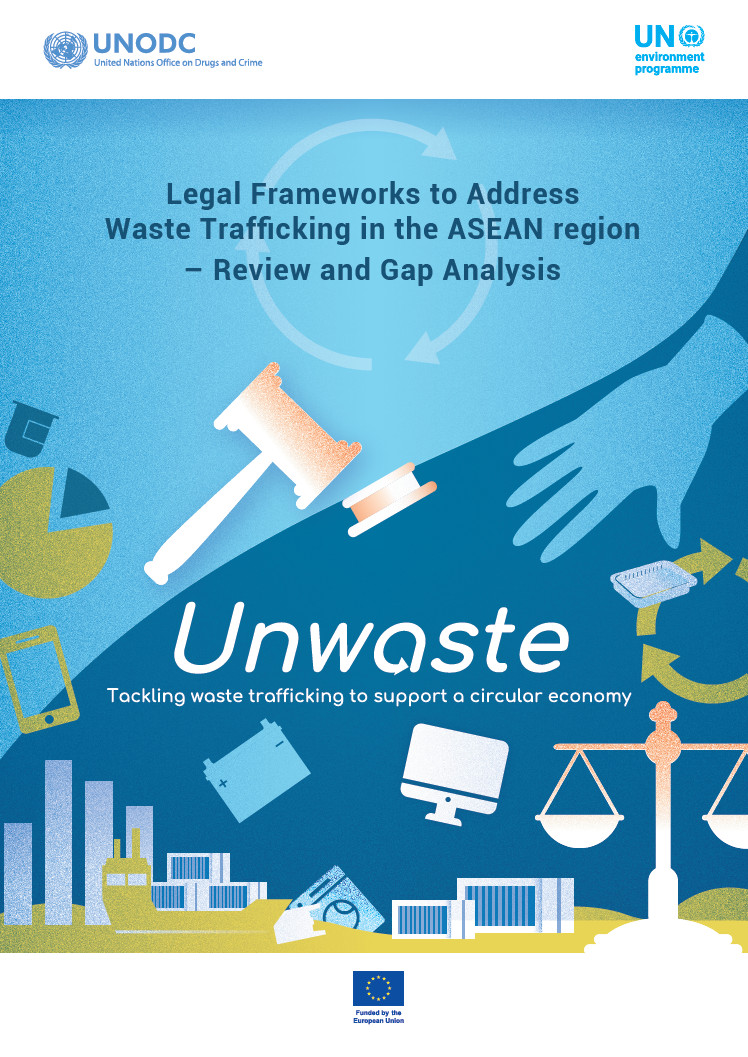The increasing flow of waste into ASEAN Member States has become a pressing issue in recent years, particularly following China’s waste import ban in 2018. This shift has resulted in a surge of waste imports—ranging from hazardous materials and plastics to e-waste and scrap metal—into countries such as Indonesia, Malaysia, Thailand, and Viet Nam. In response, ASEAN nations have introduced stricter regulations and policy measures, including partial or complete bans on certain waste imports and legal frameworks to govern waste trade.
At the regional level, ASEAN has taken significant steps to address transboundary waste movement. Key declarations, such as the 2017 Joint Declaration on Hazardous Chemicals and Wastes Management and the 2019 ASEAN Foreign Ministers’ Statement on Illegal Transboundary Movement of Hazardous Waste, highlight the bloc’s commitment to strengthening environmental governance. Additionally, all ASEAN Member States have ratified the Basel Convention on hazardous waste, though challenges persist in ensuring effective implementation and compliance with evolving global standards.
This publication provides a comprehensive analysis of legal and policy frameworks governing waste trade in ASEAN. It examines national regulations, enforcement mechanisms, and the extent to which Member States align with international conventions such as the Basel, Rotterdam, Stockholm, and Minamata Conventions. The publication also explores the disparities in penalties for waste crimes across the region, the role of legal accountability for corporations, and the need for stronger intergovernmental coordination.
By identifying key gaps and policy considerations, this analysis aims to support ASEAN Member States in strengthening their waste governance frameworks. Recommendations include enhancing legal mechanisms to combat waste trafficking, improving institutional cooperation, and integrating environmental, gender, and human rights considerations into national legislation. As ASEAN moves toward a circular economy, effective waste management policies will be crucial in ensuring sustainable development and environmental protection in the region.


